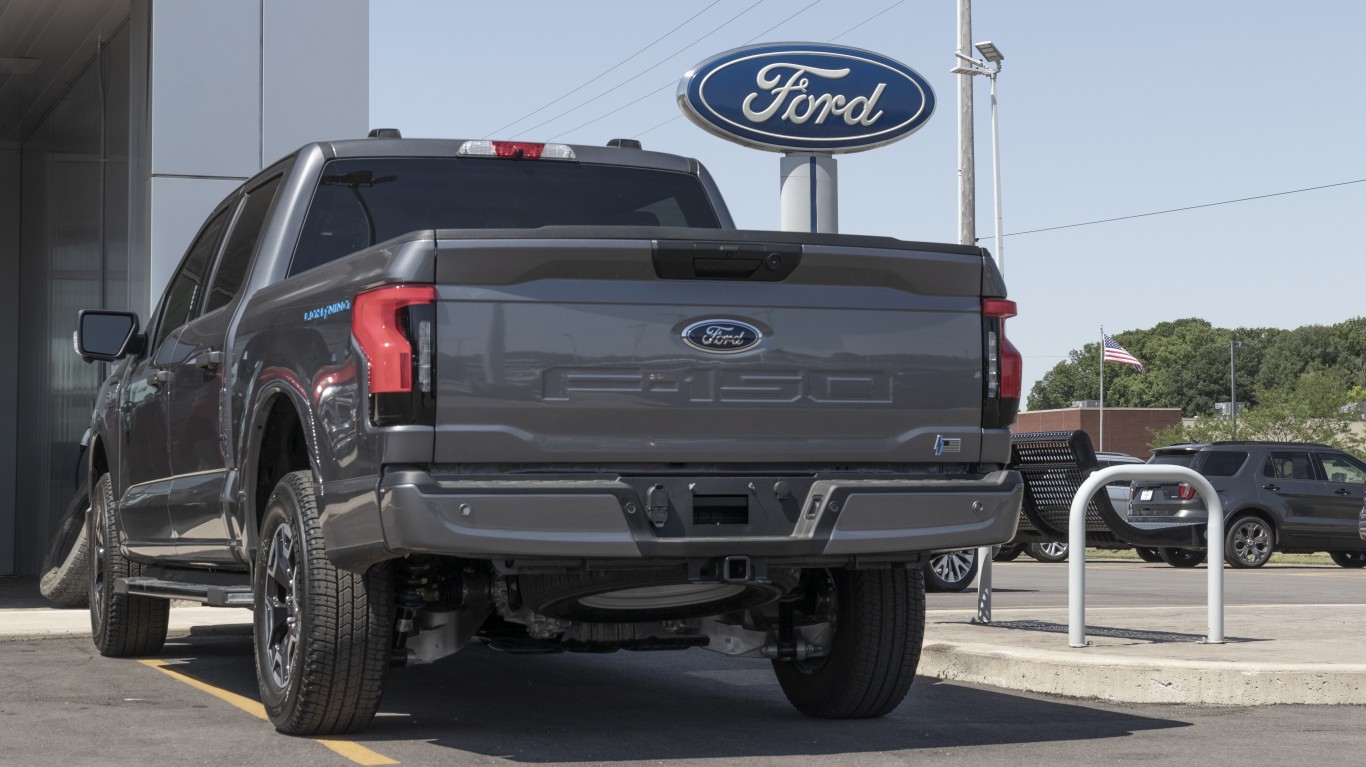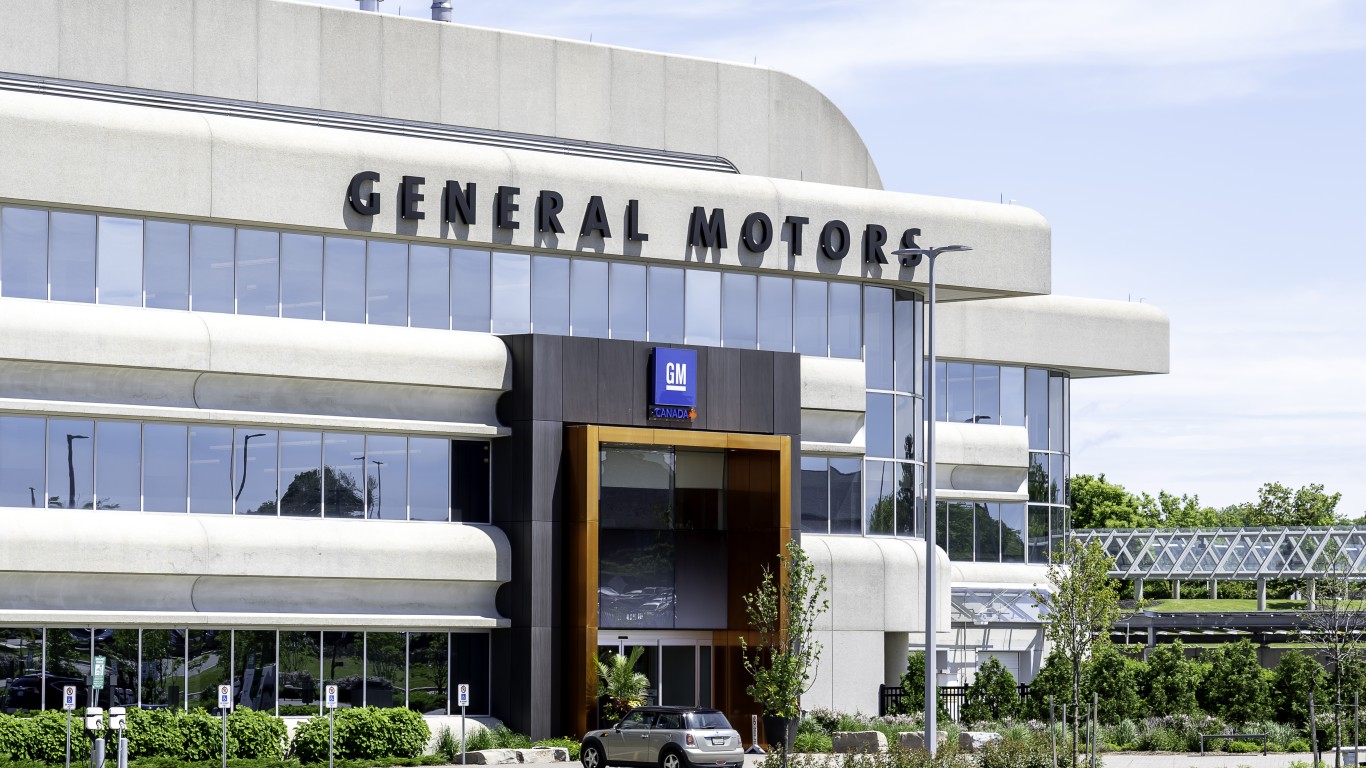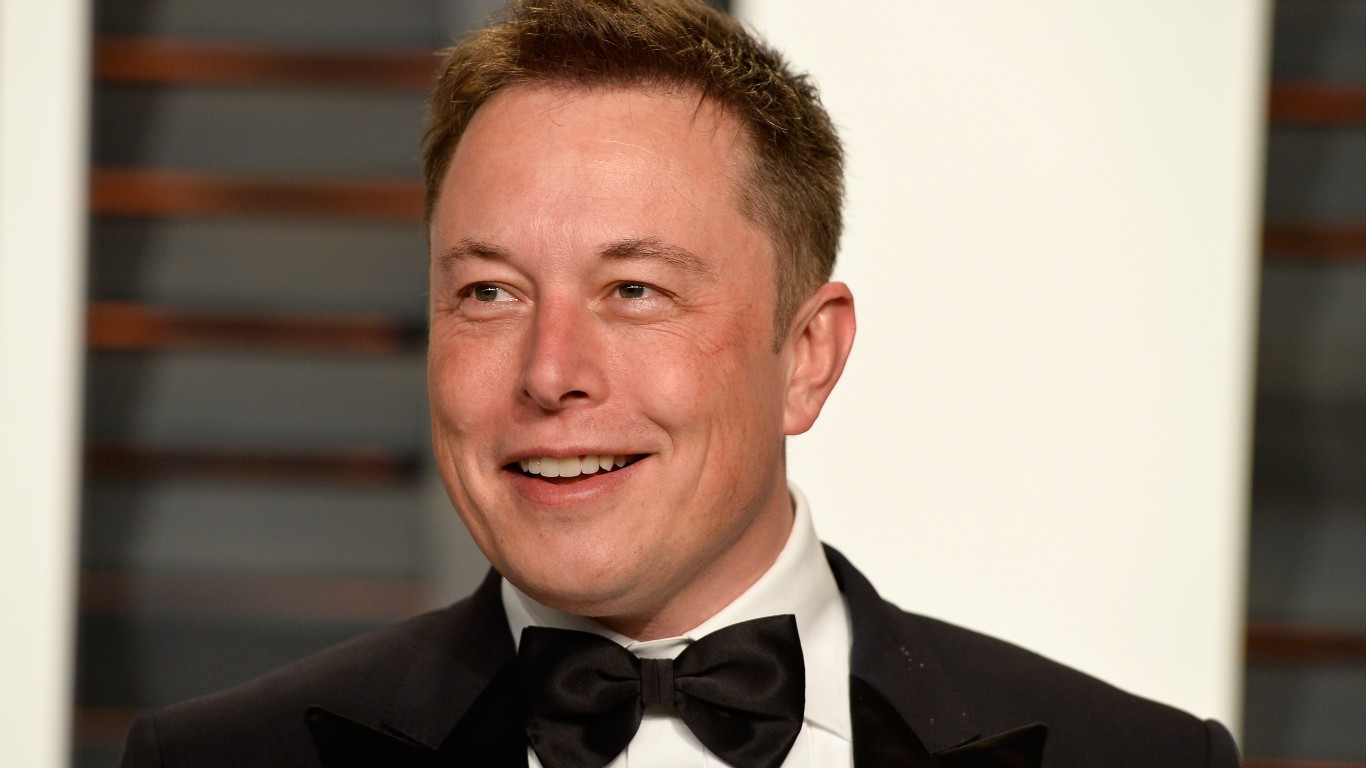
At a meeting with its U.S. dealers in Las Vegas on Saturday, Volkswagen laid out plans to rebuild sales for the damaged brand following revelations last year that the company had knowingly installed software on its diesel-powered vehicles that could produce a lower emissions reading when the cars were being tested. In September, the company stopped U.S. sales of diesel-fueled cars, which recently accounted for about 20% of annual sales.
The company has more than 650 dealers in the United States, and Saturday’s meeting at the National Automobile Dealers Association (NADA) convention was intended to accomplish two things. First, forestall threatened lawsuits by dealers who claim they have been damaged by the diesel scandal and are demanding compensation. VW’s second goal was to assure dealers that more competitive vehicles will be rolling off the assembly line over the next few years.
VW-brand CEO Herbert Diess and Hinrich Woebcken, interim CEO of the company’s U.S. sales unit, tried to assure dealers that things would get better. For their part, dealers named a five-member committee to negotiate with VW over the compensation issue. There have been reports that VW is already making monthly “discretionary” payments to dealers for lost business.
The dealers also appear to have won on the second point. VW had wanted to reduce its U.S. sales targets under a “near-premium” strategy where VW’s cars would cost a bit more, margins would be higher and volumes would reflect current sales of around 350,000 vehicles annually. Dealers hated the plan, and VW confirmed at Saturday’s meeting that it would accede to its dealers’ wishes. Diess said:
We are working to redefine the Volkswagen brand in the United States by strengthening our management team and partnerships with dealers and product portfolio and we want to grow the volume consistently beyond past levels – and we will do this with our partners, the dealers.
Before the diesel scandal, VW had planned to double its U.S. sales to about 800,000 units annually by 2018. That goal was set aside at the Detroit Auto Show in January.
Now the goal, at least as far as dealers are concerned, is to go after Subaru, the Japanese carmaker that grew U.S. sales by 13.4% in 2015 with sales of more than 582,000 vehicles, all of which come with all-wheel drive. Dealers see a new target for vehicle sales of 500,000 by 2018.
According to Automotive News, VW is planning to begin selling a redone Tiguan compact utility vehicle and an all-new CrossBlue compact utility hybrid in 2017. An all-wheel drive crossover Sportwagen is due in dealer showrooms later this year.
There are skeptics among the dealers about VW’s promises, and we have already indicated our own skepticism about VW’s future in the United States. One auto industry consultant told Automotive News:
VW miserably failed. They had so many opportunities to do the right thing. They could have brought in a new CEO from another company, an outsider, somebody to change the culture. (Instead) they appointed a guy who has been with the company for 20 years. So I don’t think it’s realistic to expect any cultural transformation.
The fact that VW and its U.S. dealers have agreed to play nice for now cannot paper over the deep divisions over the compensation issue. Diess only said that the issue wasn’t discussed during Saturday’s meeting. The dealers haven’t forgotten about it, and VW shouldn’t either.
Take Charge of Your Retirement In Just A Few Minutes (Sponsor)
Retirement planning doesn’t have to feel overwhelming. The key is finding expert guidance—and SmartAsset’s made it easier than ever for you to connect with a vetted financial advisor.
Here’s how it works:
- Answer a Few Simple Questions. Tell us a bit about your goals and preferences—it only takes a few minutes!
- Get Matched with Vetted Advisors Our smart tool matches you with up to three pre-screened, vetted advisors who serve your area and are held to a fiduciary standard to act in your best interests. Click here to begin
- Choose Your Fit Review their profiles, schedule an introductory call (or meet in person), and select the advisor who feel is right for you.
Why wait? Start building the retirement you’ve always dreamed of. Click here to get started today!
Thank you for reading! Have some feedback for us?
Contact the 24/7 Wall St. editorial team.



